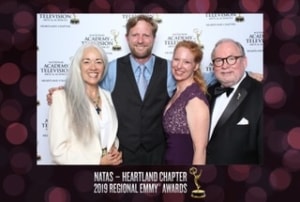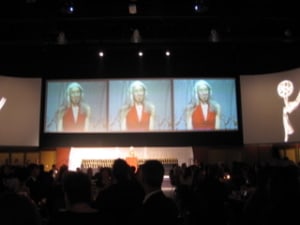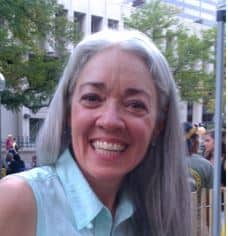Summary
Kent Youngblood has over twenty years of production management experience with commercials, network promos, digital content, and photo shoots. He spends his career crewing, scheduling, budgeting and location managing for production companies such as Paramount, Viacom, Herzog & Company, and High Noon Entertainment. Kent helps create commercials for clients like Audi, Ford, Coors, Microsoft, IBM, Oracle, and Verizon. He helps create promos for networks such as Disney, HBO, and Starz. You may have seen his work on properties such as the Discovery Channel, Animal Planet, HGTV, DIY Network, Food Network, CNN, ESPN, and CBS Sports.
In addition to making commercials, Kent is a film director, a producer, a writer, and a cinematographer. His films have screened at numerous festivals worldwide, garnered notable media attention, and won the coveted Golden Remy for Best Experimental Film at Worldfest several times. Those films were Patriot Dreams in 2003, and Wonder City in 2004.
Show Notes
[1:29] Kent’s biographical background
[2:20] How Kent got started
[8:15] Where Kent is now in his career
- Discussion about the challenges of being a commercial producer
- “What is a producer? Well, with regard to television and film, it’s really a creative project manager. There are some creative sides to it, but you are really organizing a project. But having said that, there are ten different designations of producer in film and video.”
[10:25] Defining the roles specific to a line producer, especially in the Colorado market
- “That’s what really excites me about it [being a line producer] — it’s just trying to figure out how to creatively solve an idea.”
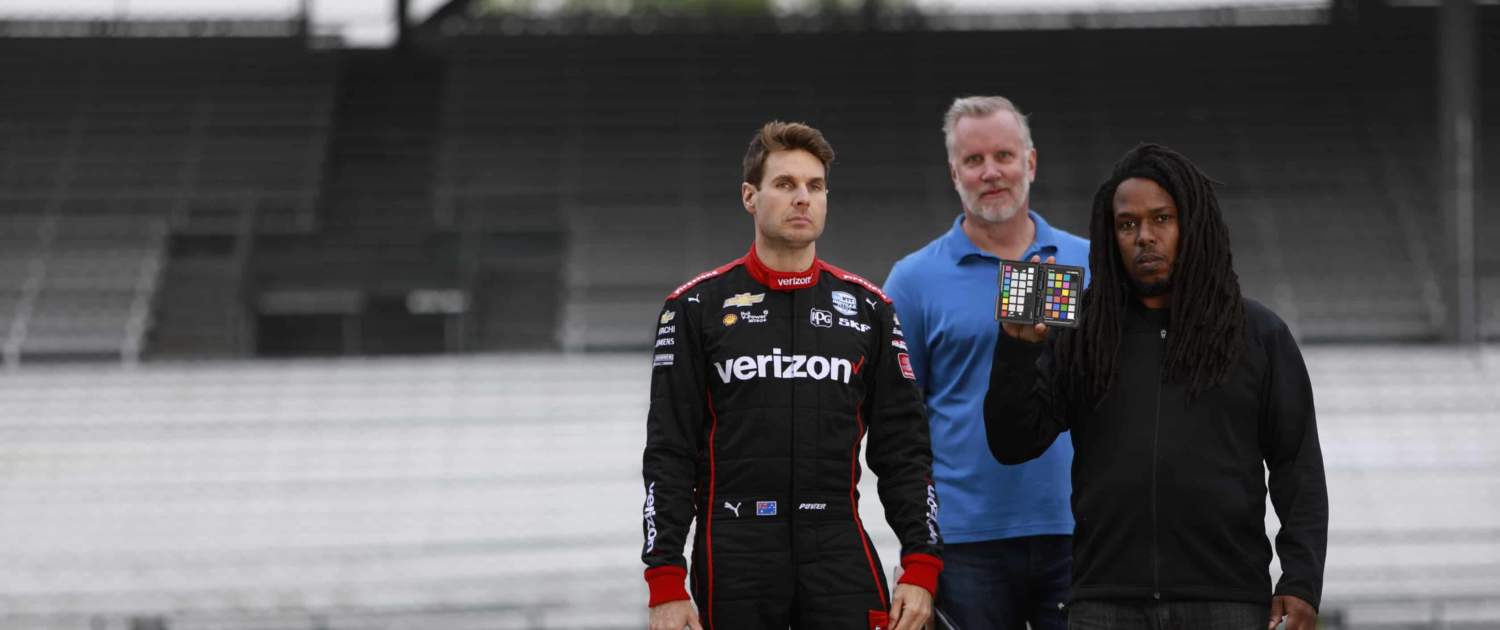
[13:18] What is the difference between a commercial and a promo?
[13:59] What is your ideal scenario when a client comes to you with a project?
- Explanation of the advantages of a script, a creative brief, a mood board
- Why it is necessary to have these things in advance for planning, procurement, and scheduling
[18:05] Retrospectively, what do you know now that you wish you knew when you first started?
- “The journey is made me who I am today.”
[22:11] What is required to be a PA?
- “Are you willing to start at the bottom to be in this industry?”
- “… filmmaking is not a solitary enterprise. It’s a collaborative environment. You have to work with people, and a lot of times you’re going to be working with people that have more skill sets than you do, at least initially.”
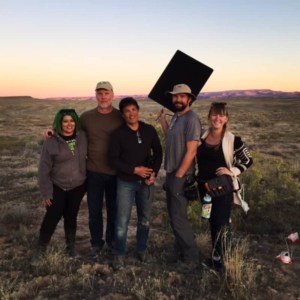
[27:01] What is your take on the value of a tribe, and networking?
[30:32] How do the other sides of your project help you with your business?
[33:11] How do you make a living here in Denver?
[37:19] Lions and talent and children, oh my…
[41:06] How did you get your work initially and how has that evolved to get most of your work through referrals?
[43:40] Advice on dealing with slow times in the business
[50:31] What are your favorite kinds of projects? What are your favorite kinds of clients?
[53:46] When things go wrong…
[55:17] People Kent looks up to and why — Gale Anne Hurd, producer, The Walking Dead; Richard Burton, actor, Cleopatra; Joel Pilger, RevThink; Steve Urbano, director/producer
[58:45] Discussion of how to deal with issues, particularly working with location scouts
[1:00:39] Literature to influence and inspire
[1:02:29] Best pieces of advice from Kent, and his philosophical perspective
[1:07:14] Kent’s biggest lesson
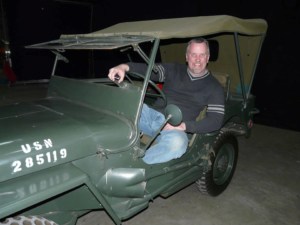
Links and Resources
- Kent Youngblood's DMP Directory Listing
- IMDb credits for Kent Youngblood
- To send Kent a message, you may contact him here.
- Be sure to check out Kent’s websites, Movie Mogul Productions, and Youngblood Photo
Be sure to check out podcasts with other great guests in the film and media industry on our DMP Podcast Page!


